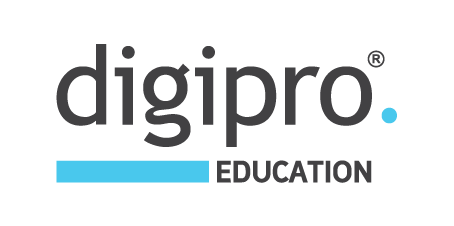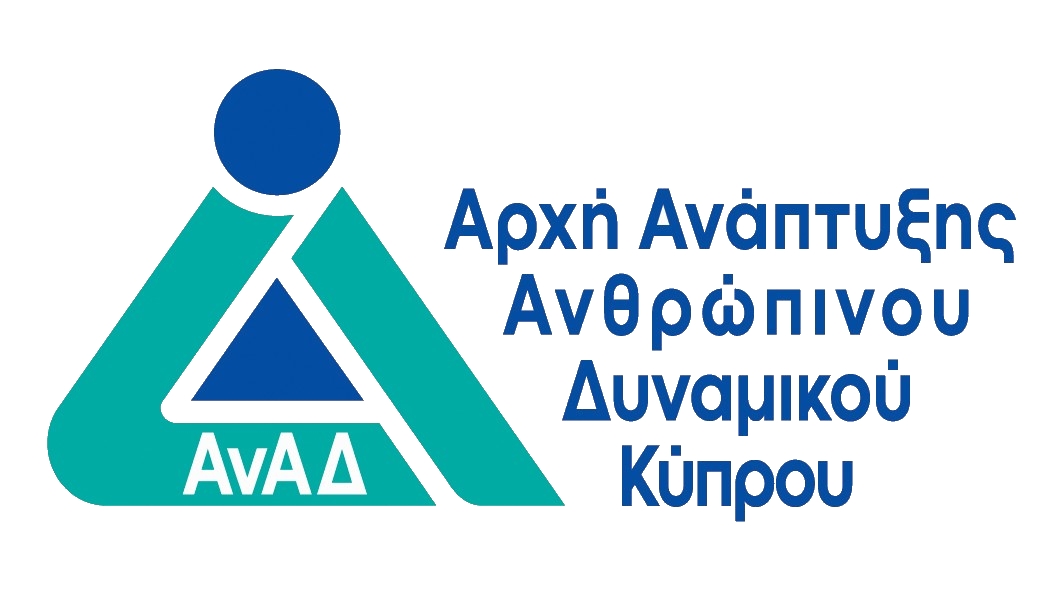
Deploying Innovative Operational AND Organisational Good Practices to Achieve and Sustain Business Performance Excellence.
- Οργάνωση/ Διοίκηση/ Ηγεσία

ΠΕΡΙΓΡΑΦΗ
Today’s companies need to continuously deploy the best organizational and operational practices for business performance excellence. This is practice-oriented, experiential seminar that aims at helping SME’s and or large organizations business owners and managers to quickly and effectively deploy innovative practices, follow good practices to securely lead effective and efficient operating processes. During this seminar, there will also be demonstrations of the practical step’s participants need to take to reduce if not eliminate waste, TOGETHER WITH concrete instruction on how to strive for lean-minded and agile organisational culture.
ΣΚΟΠΟΣ ΣΕΜΙΝΑΡΙΟΥ
At the conclusion of the workshop, participants will be able to:
⦁ Formulate (knowledge) and manage (skill) effective key performance indicators (KPIs) that are linked to overall strategic objectives – and related operational risks.
⦁ Reengineer (skill) company’s processes, products and solutions and cope (skill) with the everchanging environment of the emergence of an unexpected crisis like an economic crisis due to wars and the emergence of the recent pandemic.
⦁ Cooperate productively with others (attitude) and use group dynamics to formulate (knowledge) and execute (skill) waste reduction/elimination initiatives.
⦁ Identify and name (knowledge) participants’ own reactive behaviours that impede partnership, and practise (skill) alternative ways to promote partnership in the pursuit of operational excellence.
⦁ Initiate (attitude) proactively the appropriate actions to achieve strategic goals, specifically by identifying wasteful activities (knowledge), eliminating rework (skill), and simplifying business processes (skill) to improve productivity.
ΣΕ ΠΟΙΟΥΣ ΑΠΕΥΘΥΝΕΤΑΙ
Managers in SMEs and/or large enterprises, who have some decision-making authority and the responsibility to reengineer their company’s processes, products and solutions either as a result of the ever-changing environment or as a result of the emergence of an unexpected crisis like an economic crisis, the emergence of a pandemic etc.
Participants can include IT companies developing IT products (hardware or software), Educational service providers developing open platforms, products and services that enhance the quality of customer experience and generate value, Hospitality service providers which have been hit badly by the Covid-19, Chemical companies that design and develop new health devices, equipment or new materials and Engineering companies developing radical innovations (building methods or products) etc.
ΠΕΡΙΣΣΟΤΕΡΕΣ ΠΛΗΡΟΦΟΡΙΕΣ
Seminar Content
The Failure of Traditional Performance Measures and the case for pursuing Organisational Excellence
- Why traditional performance measurement including customer/employee satisfaction surveys fail to indicate what needs to change, and in particular do not highlight in-process waste.
- A new and innovative way of looking at performance and excellence in a VUCA (Volatile-Uncertain-Complex-Ambiguous) world: an eye-opening and mind-blowing experience of how mindset and company culture limit our capabilities and possibilities.
Innovation Management
- The principles of innovation Management were first conceived and developed at Toyota Motor Company. It considers the expenditure of resources for any goal other than the creation of value for the end customer to be wasteful, and thus a target for elimination. Working from the perspective of the customer who consumes a product or service, "value" is defined as any action or process that a customer would be willing to pay for
Interactive exercise: Supply Chain Optimisation
- Possible solutions will be developed and implemented, demonstrating how quickly significant improvements in performance (by implementing innovative practices) can be achieved through team discussion and collaboration.
In Summary: Lean Management in 5 steps
- Streamlining the Value Stream: learning how to use value stream maps to create macrolevel workflows and micro-process workflows.
- Workplace Organisation - the 5 S's: understanding how the 5 S's establish a structured approach for storing materials, supplies, and equipment in work areas.
- Set-up Reduction: Investigating how to cut down set-up & change-over times and how important fast set-ups are to lean efforts.
- Visual Workplace: See how visual controls and visual displays reinforce and enhance a lean effort.
- PDCA - continuous improvement: Exploring the options for keeping a lean effort viable and vital.
Application of these 5 steps to the participants' own situation
- Preparation and presentation of an action plan for implementation
Organisational Excellence: Towards a Mindset for Operational Excellence
- The previous exercises demonstrated the power of a working team discussing together the issues they faced throughout a supply chain and collaborating towards a better work process. However, while this seems self-evident, it does require a certain mindset and attitude towards problem solving that is absent in most organisational cultures: an inclination towards collaboration.
- A number of game scenarios will demonstrate how people – even colleagues within one and the same company/organisation – quickly revert to ‘playing games’ with (and against) each other, even when they individually have the best of intentions towards achieving clearly defined goals. This will demonstrate how narrow and individual goals, strategies and tactics are mostly short-term focused and become suboptimal over a longer term; and how collaboration can drive sustainable performance.
Building Towers: getting to see another's point of view
- The need for, and power of productive conversation, given different viewpoints on the same 'tower' (i.e. situation).
- The pitfalls of making assumptions about what others do (& why they do it).
Alignment: alternative decision-making process in complex situations where bottom-up support is important
- How consensus or even majority agreement result in inevitable waste caused by endless discussion.
- How alignment does not require agreement.
- The power of taking small steps forward, towards a common objective.
Lessons Learned & Application to own working environments
- Hotels & Hospitality
- Estate Agencies & Property Development Companies
- Manufacturing Companies Services Companies
Πληροφορίες Εκπαιδευτή
Αναλυτικό Κόστος Σεμιναρίου
Για Δικαιούχους ΑνΑΔ
- € 1800.00
- € 1800.00
- € 0.00
- € 0.00
- € 0.00
Για μη-Δικαιούχους ΑνΑΔ
- € 1800.00
- € 0.00
- € 342.00
- € 1800.00
- € 2,142.00
ΠΡΟΓΡΑΜΜΑ ΣΕΜΙΝΑΡΙΟΥ
Παρασκευή - 17 Μαΐου 2024
Ώρα
08:00 - 16:30
ΕΚΠΑΙΔΕΥΤΗΣ:
Philippe LeliaertΤοποθεσία:
OnLine Virtual Classroom
Δευτέρα - 20 Μαΐου 2024
Ώρα
08:00 - 16:30
ΕΚΠΑΙΔΕΥΤΗΣ:
Philippe LeliaertΤοποθεσία:
OnLine Virtual Classroom
 Ελληνικά
Ελληνικά  English
English



 Αγγλικά
Αγγλικά
 18 ώρες
(
2 μέρες
)
18 ώρες
(
2 μέρες
)








